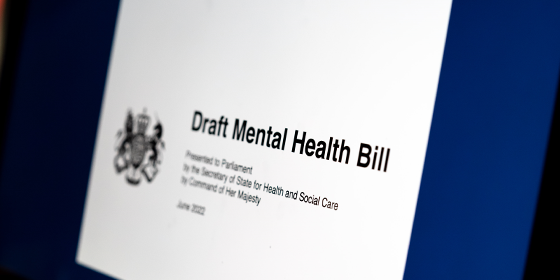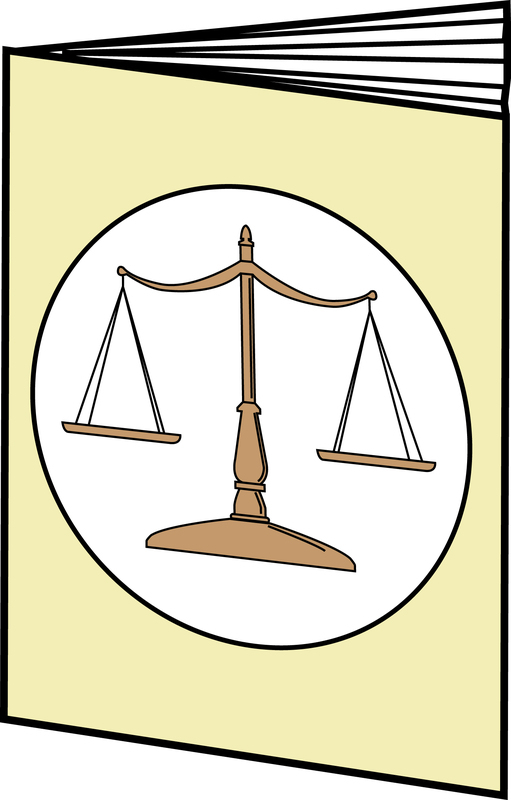
The Draft Mental Health Bill
The Mental Health Act is a law that tells us all what the rules are when a person who has mental ill health is treated in hospital, and sometimes without their consent. This is called ‘detention’ or being sectioned.
The Mental Health Act tells us what we can do when people behave in a way that might be dangerous to other people, or they might pose danger to themselves. It gives doctors, certain powers to keep people in hospital, to assess whether they are safe.
Some changes were made to the Mental Health Act in 2007. A lot has changed since then in how we expect people with mental health problems to be treated.
In June 2022, the Government published the Draft Mental Health Bill. This was following the Mental Health Act White Paper consultation in 2021and the Mental Health Act Independent Review 2017-2018.
Some of the suggested changes meant that people with learning difficulties/disabilities and autism would be affected and we wanted to understand how.
Download our briefing about Reforming the Mental Health Act here
The Reforming the Mental Health Act White Paper was produced following the recommendations from the Independent Review of the Mental Health Act in 2018.
The Review set out what needed to change in both law and practice in order to deliver a modern mental health service.
We strongly agreed that people with a learning difficulty/disability and autism should not go into mental health inpatient services, especially if they do not have a mental health issue. For this to happen there needs to be proper support in the community near to where people live.
People with a learning difficulty/disability and autism can still be detained under the Mental Capacity Act with fewer safeguards, making it harder to get them out again. We don't think this change will prevent us being detained in Assessment and Treatment Units (ATUs).
But we were very concerned that the Mental Capacity Act would be used to send people to mental health units instead of using the Mental Health Act. If this happens people will not have as many reviews or rights as they do under the Mental Health Act.
Lawyers from Birmingham University attended one of the Self Advocate's Support and Action Group meetings to guide us through the consultation questions and help us understand some of the proposed changes. We then submitted a response from the group.
You can see our consultation response here

Human Rights Act Reform
A Modern Bill Of Rights A consultation to reform the Human Rights Act 1998
In December 2021, People First joined over 200 organisations as a signatory to a letter to the Joint Committee on Human Rights telling them that the Human Rights Act Reform consultation was not accessible to people with learning difficulties, disabilities and other communication needs.
The consultation opened 14 December 2021, but despite numerous requests, an easy read version was not made available until late February – 24.02.22, leaving just 12 days for people to respond when people using the standard version have had 12 weeks. This was not fair!
The quality of the easy read consultation document was really concerning. It did not meet the recognised Accessible Information Standard and other easy read guidance, or the government’s own consultation guidance. It was still difficult to understand, it had no explanations or definitions and there were no pictures.
The Government made a new Easy Read version (and audio version) of the consultation. People and groups who need to use these could then ask the Government for more time to send in their views. The later deadline was the 19 April 2022.
On 23rd February we held an information session for self-advocates with Sophie O’Connell and Rosie Harding and then submitted a response to the consultation.
Read our Easy Read briefing Human Rights Act Reform consultation here
British Institute of Human Rights - the Rights Removal Bill
The British Institute of Human Rights (BIHR) has been keeping us informed about the Government's plans for the Human Rights Act.
'On 22nd June 2022, the Government published a new Bill that would get rid of our Human Rights Act. They're calling it the Bill of Rights - but it's exactly the opposite. This is a Rights Removal Bill and represents the latest step in plans to reduce their responsibilities to uphold the human rights protections people rely on every day across the UK.'
BIHR has an Easy Read Hub with guides to the Human Rights Act and resources to help you contact your MP and take action to protect our human rights.
Click here to visit the Easy Read Hub



